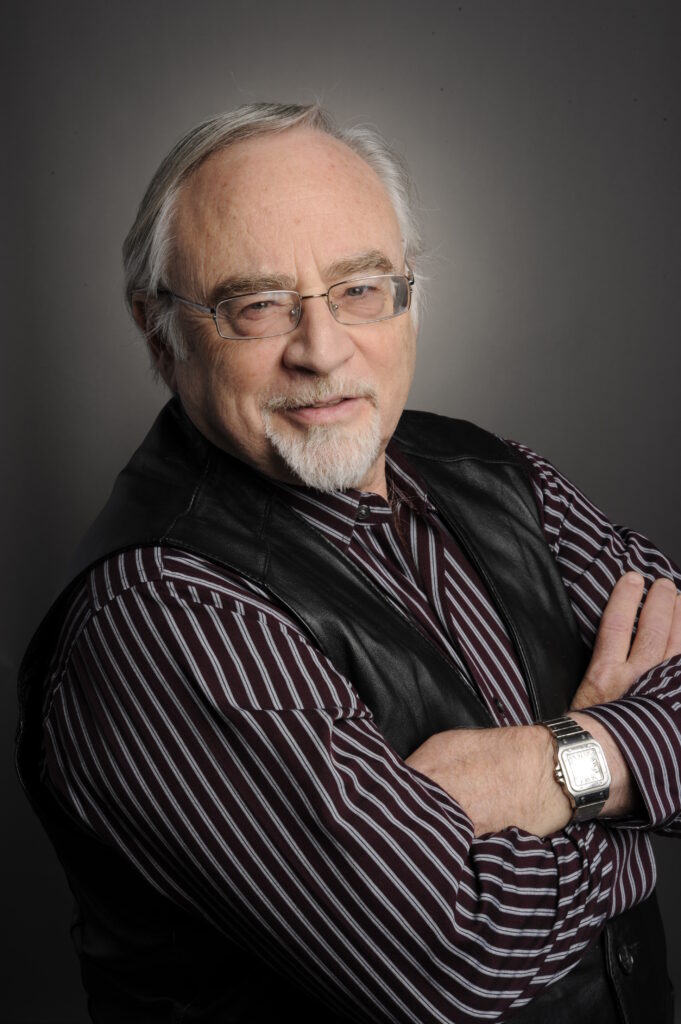York University theatre Professor Emeritus Don Rubin has edited a 160-page special issue of the Journal of Scientific Exploration, exploring the Shakespeare Authorship Question (SAQ), the field of study focused on the argument that the name William Shakespeare was actually a pseudonym.
Rubin, who has taught a senior-level course at York on the subject, spent over a year shaping the material as guest editor of the issue, which is titled “The Shakespeare Authorship Question: Alternative Mappings,” and includes 10 major essays by scholars and researchers from across the U.S., Canada and the U.K.

The issue presents evidence that casts doubts about who authored the works credited to Will Shakespeare, a businessman from an illiterate family in Stratford-Upon-Avon, England. The core argument is that the published name “William Shakespeare” was a pseudonym, something used regularly by writers and commentators during this politically and religiously fraught period to protect both themselves and their families.
President of the Shakespeare Authorship Coalition, Rubin argues that literature scholars who hold with the Stratford man as author seem unwilling to read contradictory research and have therefore simply not kept up with these important new studies in their own field. “That doesn’t happen in most other fields,” says Rubin. “Scientists change positions as new research emerges. But it is rare to come across a literature professor who has read the newest research on this question and who is willing to encourage openness about alternative ideas within the field. Most simply don’t know the depth and detail of the alternative arguments.”
It’s why the issue appears in the Journal of Scientific Exploration, an open-access, peer-reviewed U.S. web journal that typically focuses on scientific issues. “People in the science community are always challenging one another with new findings. For some reason, though, literature professors seem hesitant to keep testing their ideas against new research. They seem to feel that history is settled,” says Rubin. “Well, it’s not. It is still contested, and if English professors won’t read the recent research, maybe scholars in other fields such as science, history and law will have to do it for them.”
Rubin’s hope is that the issue’s exploration of the SAQ will generate interest across numerous academic fields. Legal scholars and historians are already looking into this area. “The authorship question is also a unique and creative way into the study of Shakespearean materials and Elizabethan history,” Rubin says. “If it gets students excited to do more research – and it does – it also merits looking into as an academic strategy, one not just for theatre professors but for anyone teaching this material.”
The issue is freely available online and can be downloaded at journalofscientificexploration.org/index.php/jse/issue/view/93.


